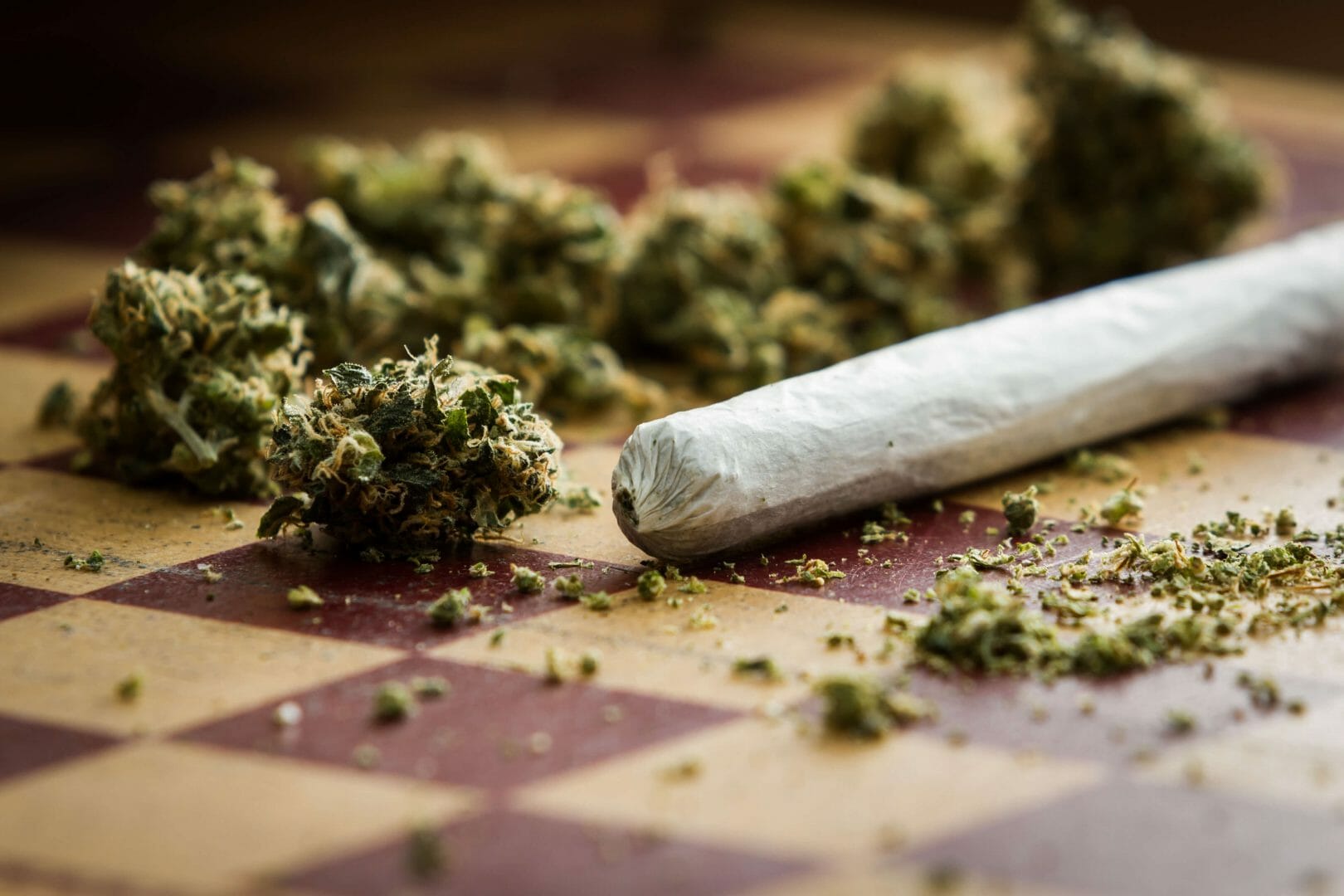
Table of Contents
It could have HUGE implications for substance abuse in the UK; it is heatedly debated, but should it be allowed? Should Cannabis sales go digital?
This is what the campaigners, Volte Face, proclaim will be the answer to the rampant use of cannabis in the UK. Their report, called the Green Screen, claims that: “We believe that Britain’s multibillion-pound cannabis market should be developed and operated exclusively online by a private sector that is stringently controlled and regulated by democratically elected governments.” This, they contend, would mean that cannabis sales would be restricted to anybody under the age of 21 and that the products would be safer in quality. Furthermore, the revenue from the sales could be taxed, earning in excess of £800 million for the government annually.
Mike Power, the author of the report, explained, “The current situation, any young person with five or ten pounds can come to Camden and buy a bag of cannabis. They can’t go to a supermarket and buy alcohol without having their identity checked and verified. We would argue that a digital model would enable that to be the case. So that every purchase would have to have age and ID verified before you actually bought it. As well as that, it would mean that you could tax every single purchase, and monitor it, and make sure that money was going directly into the taxpayers’ pocket.” He argues that a digital-only market would prevent arguments based on cafes or shops that sell cannabis to young people and that could bring in anti-social behaviour to neighbourhoods.
Shaun Atwood, former drugs dealer and currently an author and activist, says that making the market legal and basing it on a digital platform would deprive the black market of job opportunities and prevent increased prices. He said, “If there had been an online legalised marketplace for drugs, job opportunities for dealers would have ceased to exist. I couldn’t have arbitraged that price from Holland over to America because the users would be buying the drug online. So I’d have been taken out of the loop completely.
What Do the Anti-Legislation Campaigners Say?
The founder of the support charity DrugFAM, Elizabeth Burton-Phillips, says, “It’s not a credible argument. My personal story is sadly losing one of my sons at the age of 27 as a result of his addiction to drugs, which began with using cannabis the gateway drug. For vulnerable young people particularly those who are willing to try anything in their teenage years this is just opening up an opportunity for national disaster. It’s absolutely the most irresponsible thing to do.”
What Does Legalisation Mean for Substance Abuse?
As is seen above, there is a lot of pressure on governments to legalise the use of cannabis, and even to regulate the sale of the drug. However, there is just as much pressure to not legalise it mostly because it is seen as a so-called gateway drug the drug that opens the door to experimentation and use of other, more potent and dangerous drugs. Many recovering drug addicts admit that their first exposure to substance abuse was with smoking a joint and then being introduced to other narcotics.
The fact is that cannabis is an addictive drug and can lead to more serious substance abuse issues and should, therefore, need to be taken very seriously when thinking about legalising and regulating the sale of the drug.
What Do I Do If Im Addicted To Cannabis?
If you find that you are addicted or dependent on cannabis, you should seek help immediately. Substance abuse issues are difficult to address without expert advice and guidance, and you will need to admit that you need help. Only once you can acknowledge that there is a problem with your behaviour can you do something about it.
UK Rehab is here 24/7 to guide and advise you about the next steps in your rehabilitation programme. We can give you direct access to therapists and advise you on the rehabilitation clinic (whether NHS or private) that will suit you and your needs. Our advice is free, and we have skilled and experienced staff who can give you the best possible advice. We are also able to give you guidance on whether you need to be treated as an inpatient at a rehab clinic or as an outpatient. There are also aftercare options that we can discuss.
What Does Rehab Entail?
When you go to a rehab, you will go through a detoxification process. This is to help you learn to live without the aid of the drug, as well as getting the residual effects of the drug out of your system. After that, there is a period of rehabilitation interventions and counselling. Different therapies will be used to help you learn the new life skills and coping mechanisms that you will need in order to stay sober and drug-free. You can attend the therapy and counselling sessions either as an inpatient (staying in the rehab) or as an outpatient (going to the clinic on a daily basis, but returning home after your sessions). Many treatment programmes are based on the 12-step programme as originally developed by Alcoholics Anonymous (AA) and can therefore also offer you aftercare support sometimes for up to a year after completing rehab. This is all to help you overcome the temptation of relapsing in challenging times.
Source: (Sky News) Campaigners call for digital cannabis market for the UK




